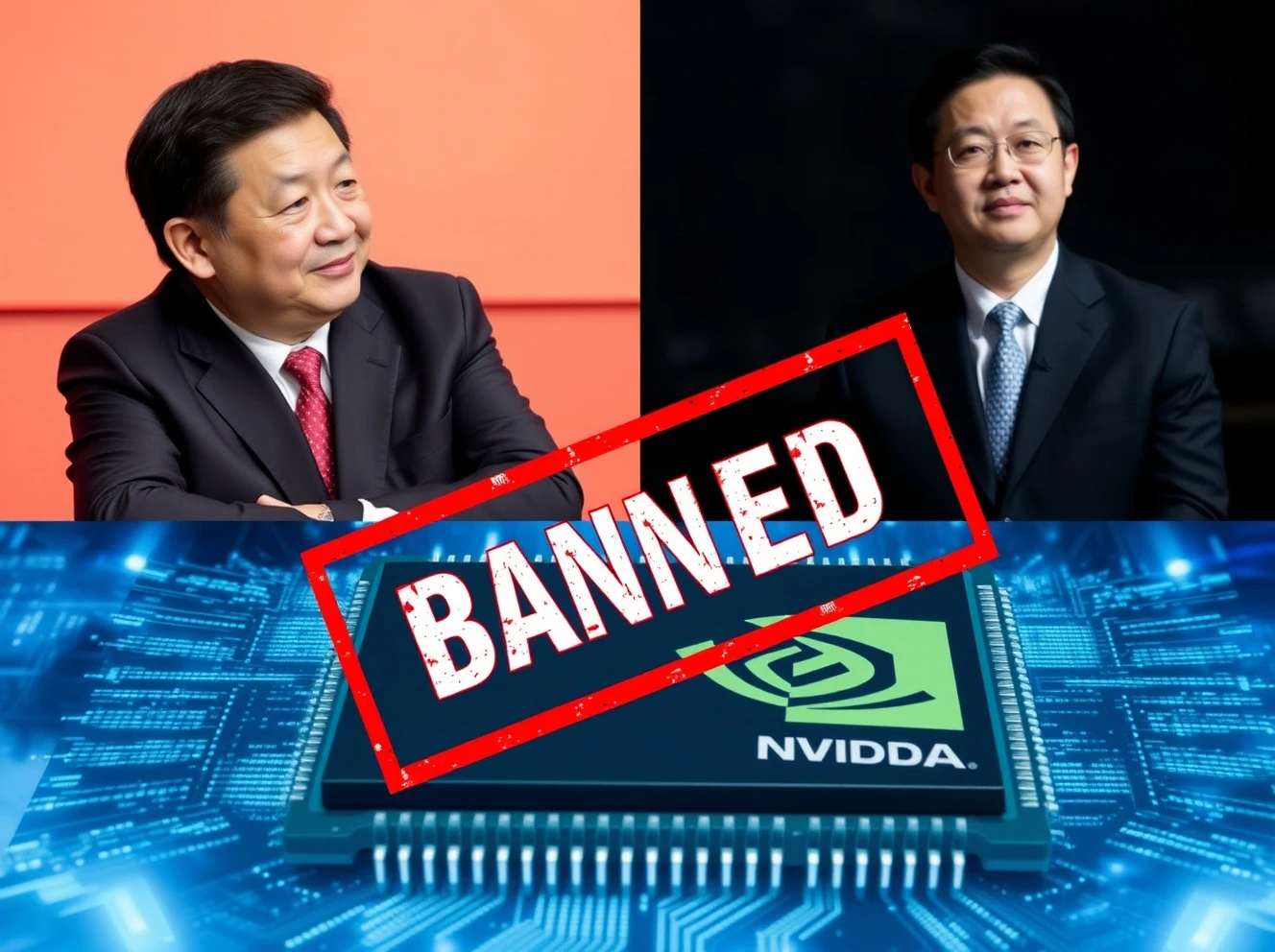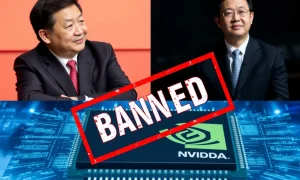The global technology landscape faces a seismic shift as China abruptly orders its digital giants to suspend testing of Nvidia AI chips, marking a critical escalation in the semiconductor war between superpowers. This decisive move directly impacts artificial intelligence development and market dynamics worldwide.
China’s Directive Targets Nvidia AI Chips
The Cyberspace Administration of China issued formal instructions to major technology companies including Alibaba and ByteDance. Consequently, these firms must immediately cease all testing and procurement activities involving Nvidia’s latest RTX Pro 6000D processors. This specific model was originally designed to comply with previous American export restrictions.
Immediate Impact on Technology Operations
Several Chinese companies had already initiated validation processes with server suppliers partnered with Nvidia. Moreover, planned orders reportedly reached tens of thousands of units before the sudden suspension. The directive represents a significant escalation from previous restrictions that only targeted earlier chip versions.
Strategic Implications for Nvidia AI Chips
Nvidia CEO Jensen Huang acknowledged the substantial impact during recent London press conferences. He stated the company can only operate in markets where countries permit its presence. Additionally, Huang expressed disappointment while emphasizing the broader geopolitical context requiring resolution between the two nations.
Accelerating Technological Decoupling
This ban demonstrates Beijing’s determined push toward technological self-reliance. Chinese authorities appear committed to breaking dependence on American critical technologies. Furthermore, the move aligns with China’s broader strategy within the BRICS alliance to develop domestic semiconductor capabilities.
Market Response and Future Outlook
Demand for the RTX6000D remained limited even before the official ban. Some Chinese companies had already chosen alternative solutions despite technical inferiorities. Meanwhile, Nvidia faces challenging revenue projections in crucial artificial intelligence market segments.
Geopolitical Context and Trade Relations
The semiconductor industry becomes increasingly central to US-China economic competition. Recent accusations against Nvidia regarding anti-monopoly violations compound existing tensions. Diplomatic exchanges continue intensifying as both nations pursue technological supremacy.
Frequently Asked Questions
Which specific Nvidia AI chips does China’s ban target?
The directive specifically targets Nvidia’s RTX Pro 6000D processors, designed for the Chinese market to circumvent previous US restrictions.
How does this ban differ from previous restrictions?
Unlike earlier limitations focusing on older H20 models, this ban affects the latest generation chips and requires immediate testing suspension.
What companies are affected by this directive?
Major Chinese technology firms including Alibaba, ByteDance, and other digital giants received explicit instructions from regulators.
How has Nvidia responded to these developments?
CEO Jensen Huang acknowledged the impact while maintaining a measured tone, emphasizing broader geopolitical considerations beyond immediate business concerns.
What does this mean for China’s semiconductor strategy?
The move signals accelerated efforts toward technological self-reliance and reduced dependence on American semiconductor technology.
How might this affect global AI development?
The restrictions could slow AI advancement in China while potentially accelerating development of domestic alternatives in the long term.








